Neccton’s Dr Michael Auer: "We leverage the science behind empowering players to make the right calls about their gambling"

Neccton has been one of the most prominent companies committed to furthering the gambling industry’s understanding of responsible and sustainable gambling. Neccton relies on academic data to leverage commercial solutions that protect consumers and help businesses remain competitive. Dr Michael Auer has developed the "mentor tool" which is today used by companies worldwide. As mentor has been an impactful solution, Dr Auer is not relenting in his commitment to create meaningful and impactful change in the industry which continues as he looks for the scientific reasons behind problem gambling and how to help empower customers to be honest with themselves and make the right decisions when approaching gambling and addictive products and services.
Q: Neccton is a great example of a company that focuses on building sound Responsible Gambling tools. Can you tell us a bit more about your current focus on RG tools and how your solutions stand out from others on the market?
Development of the mentor solution started as early as 2005 and was rolled out in 2010. Our focus was always on prevention and that’s why the mentor solution has had a player facing component from the very start.The following picture visualizes an in-play message and the mentor widget via which players are informed about their own gambling. This is an important key feature of the solution, being able to communicate with players and doing so in real-time while players are on site.

Furthermore, our application is supported by multiple research studies. One of the studies that we published in 2016 concluded that players often underestimate their losses and overestimate their winnings (https://link.springer.com/article/10.1007/s10899-016-9648-0) . This was another reason why we argued that player facing communication is an essential part of responsible gaming and the prevention of problem gambling.
In the meantime, operators all over the world are using our solution and our customers convinced us to develop mentor into a more comprehensive solution, integrating AML as well as Fraud. The solution enables the compliance personnel to gain a 360° view of a player with respect to RG, AML as well as Fraud. This increases compliance player health and consequently the impact on society.


Mentor also emphasizes transparency towards players as well as towards compliance personnel. The above pictures visualize how mentor explains risk scores for RG and AML personnel.
The concept of motivational interviewing and informed choice are also crucial aspects of mentor. They are applied via the personalized messages as well as a self-assessment. On the player facing component gamblers can assess their own gambling and the system then displays the actual expenses.


Mentor is also the only commercial system which was subject to several academic studies which supported the efficiency of e.g. personalized messages in a real-world setting.
·Auer, M., & Griffiths, M. D. (2014). Personalised feedback in the promotion of responsible gambling: a brief overview. Responsible Gambling Review, 1(1), 27-36.
·Auer, M., & Griffiths, M. D. (2020). The use of personalized messages on wagering behavior of Swedish online gamblers: An empirical study.Computers in Human Behavior,110, 106402.
Q: How crucial is the research you conduct in building your responsible gambling tools and do you see the industry rely on and appreciate the products you deliver? Has uptake by stakeholders has been strong or is there still hesitance when RG tools are involved?
We strongly believe in an academic and science-based approach. Data Mining, Predictive Analytics, Artificial Intelligence and technology in general are our tools of choice to fulfil a scientific goal.A scientific approach creates acceptance across academic communities and increases the trust of regulators and political decision makers in the measures taken.
mentor is the result of a corporation between neccton and Dr. Mark Griffiths. Following Dr. Griffiths’ extensive examination of available approaches and solutions, he teamed up with neccton to help develop mentor, a second-generation behavioral targeting solution that is based on technology-enhanced feedback loops. Dr. Griffiths’ and neccton’s experience in the gambling industry and the development of high-performance, big data solutions created the foundation for mentor.
mentor picks up patterns of problem gambling via indicators which have previously been described (playing a variety of games, increased deposits, in-session cash-in, no cash-outs,…).
Secondly it follows a sound approach to reduce problematic gambling. mentor is embedded into a vast network of findings from previous research, such as formulating the feedback messages in a non-confrontational way (Miller & Rollnick, 1991) and displaying them in a dynamic and appealing environment (Wohl et al., 2010).
Apart from objective visual and numerical feedback, players receive written messages that address specific aspects of gambling behavior such as the depositing of money into their account and playing time. The messages presented to players are formulated according to motivational interviewing guidelines and are designed to increase self-efficacy. Furthermore, the message content is transparent and can be utilized by players via the elaborate visual and numerical feedback.
Lapham et al. (2012) have asserted transparency as important in their study examining alcohol intervention via feedback among recently returned war veterans. Dr. Mark Griffiths and I applied many of the known psychological theories in an experiment with Norsk Tipping, which proved feedback to be effective.
Since the beginning of our corporation, neccton and Dr. Griffiths have contributed evidence-based empirical research by publishing frequently in peer-reviewed academic journals and contributing to the ongoing debate at different gaming conferences all around the world.
Our publications underline mentor’s scientific approach and they have convinced academics and the industry alike. It is safe to say that I have first authorship on more publications in the area of online gambling than anybody else.
Some of the novel research that neccton has done:
- First real-world study on the effect of interactive pop-ups in online gambling
- First theoretical and empirical publication on the concept of Theoretical Loss
- One of the first publications on the effects of voluntary limit-setting
- First publication on the application of Big Data technology to Responsible Gaming
- First real-world experimental study on behavioral feedback
The publication "Auer, M. & Griffiths, M. D. (2017). Cognitive Dissonance, Personalized Feedback, and Online Gambling Behavior: An Exploratory Study Using Objective Tracking Data and Subjective Self-Report. International Journal of Mental Health and Addiction, DOI 10.1007/s11469-017-9808-1" is a very important with respect to this requirement and emphasizes our expertise and also approach.
In this study we measured if players thought that the losses we communicated to them are more/about as much or less than they had expected. If players said that the actual loss was more than they had expected we assumed that they suffered from cognitive dissonance. Cognitive dissonance is the discrepancy between person’s behavior and what they think they should do. Players who suffered from cognitive dissonance reduced their play more than other players. This is a very interesting finding as it has direct impact on mentor. In order to be able to change players’ behavior they also have to have a certain insight. The former study also showed that a high group of casino players did not suffer from cognitive dissonance when confronted with their losses and thus also did not change their behavior. For that reason it is important to evaluate cognitive aspects (in mentor’s case via self-assessment and self-test).
Auer, M., & Griffiths, M. D. (2014). Personalised feedback in the promotion of responsible gambling: a brief overview.Responsible Gambling Review,1(1), 27-36.
Auer, M. M., & Griffiths, M. D. (2015). The use of personalized behavioral feedback for online gamblers: an empirical study.Frontiers in psychology,6, 1406.
Auer, M., & Griffiths, M. D. (2013). Behavioral tracking tools, regulation, and corporate social responsibility in online gambling.Gaming Law Review and Economics,17(8), 579-583.
Auer, M., & Griffiths, M. D. (2013). Voluntary limit setting and player choice in most intense online gamblers: An empirical study of gambling behaviour.Journal of Gambling Studies,29(4), 647-660.
Auer, M., Malischnig, D., & Griffiths, M. D. (2020). Gambling before and during the COVID-19 pandemic among European regular sports bettors: An empirical study using behavioral tracking data.International Journal of Mental Health and Addiction, 1-8.
Griffiths, M. D., & Auer, M. (2013). The irrelevancy of game-type in the acquisition, development, and maintenance of problem gambling.Frontiers in psychology,3, 621.
Auer, M., & Griffiths, M. D. (2014). An empirical investigation of theoretical loss and gambling intensity.Journal of Gambling Studies,30(4), 879-887.
Auer, M., & Griffiths, M. D. (2022). Gambling before and during the COVID-19 pandemic among online casino gamblers: An empirical study using behavioral tracking data.International Journal of Mental Health and Addiction,20(3), 1722-1732.
Auer, M., Hopfgartner, N., & Griffiths, M. D. (2018). The effect of loss-limit reminders on gambling behavior: A real-world study of Norwegian gamblers.Journal of Behavioral Addictions,7(4), 1056-1067.
Ukhov, I., Bjurgert, J., Auer, M., & Griffiths, M. D. (2021). Online problem gambling: a comparison of casino players and sports bettors via predictive modeling using behavioral tracking data.Journal of Gambling Studies,37(3), 877-897.
Our academic work continues to this day and only in 2022 I published 10 academic studies.
We have e.g. published the first study which correlated player behavior with self-reported problem gambling. It is important to emphasize that all other tools and inhouse algorithms attempt to identify problem gambling. However, until the above mentioned study not a single academic publication supported any of these approaches.
We found that it took a long time for companies to adopt these approaches. However, we believe that peer-reviewed research is the best way to convince policy makers of the importance of responsible gaming.
The UKGC for example cites my research in their customer interaction guidance and the German gambling law requires an academic algorithm to detect problem gambling.


Another crucial element of problem gambling is chasing losses. However, only in 2022 chasing losses was subject to a real-world study I conducted. This study attempted to operationalize chasing losses and found that in session deposits seemed to be the best way to detect chasing losses.
Q: More importantly, how does Neccton communicate the message that your responsible gambling solutions are truly built for the betterment of the gambling industry, and how do you convince individual stakeholders that they can truly benefit from them?
A big part of our communication work is happening via conferences. I am a regular speaker at industry conferences as well as academic conferences. Above examples illustrate that regulators such as UKGC have adopted research findings into their regulatory requirements.
Q: Do you see challenges in the adoption of RG tools today, and how do you think these can be overcome over the next years?
Of course, the adoption of RG tools has increased lately. When we started to advertise mentor in 2010 few operators showed interest simply because it was not regulatory required. We believe it is crucial to convince policy makers and regulators of the importance of RG tools. Another aspect impacting the adoption of RG tools is simply the fear of customer attrition. In order to address this fear, I published an academic study which concluded that responsible gaming tool adoption is actually positively correlated with player loyalty.
Q: Why do you think Neccton should win "The Best Implementation of RG Tools" distinction at the upcoming Casino Guru Awards?
We hope that the answers to the above questions are convincing jurors that our solution mentor and our work in the area of RG stands above other operators. It is important to emphasize that we do not only provide a software but have and are contributing significantly to the understanding and prevention of problem gambling. Furthermore, our solution is most likely the most widely used application worldwide. Operators in New Zealand, Europe and Canada are relying on the solution to prevent problem gambling, AML and Fraud.
Here you’ll find a number of PRs about mentor’s adoption by various operators!
https://igamingfuture.com/bingoal-brings-neccton-on-board-for-netherlands-players/
https://casinobeats.com/2020/03/10/skillonnet-and-neccton-roll-out-safer-gambling-tool/
Some other USPs that we believe set us apart:

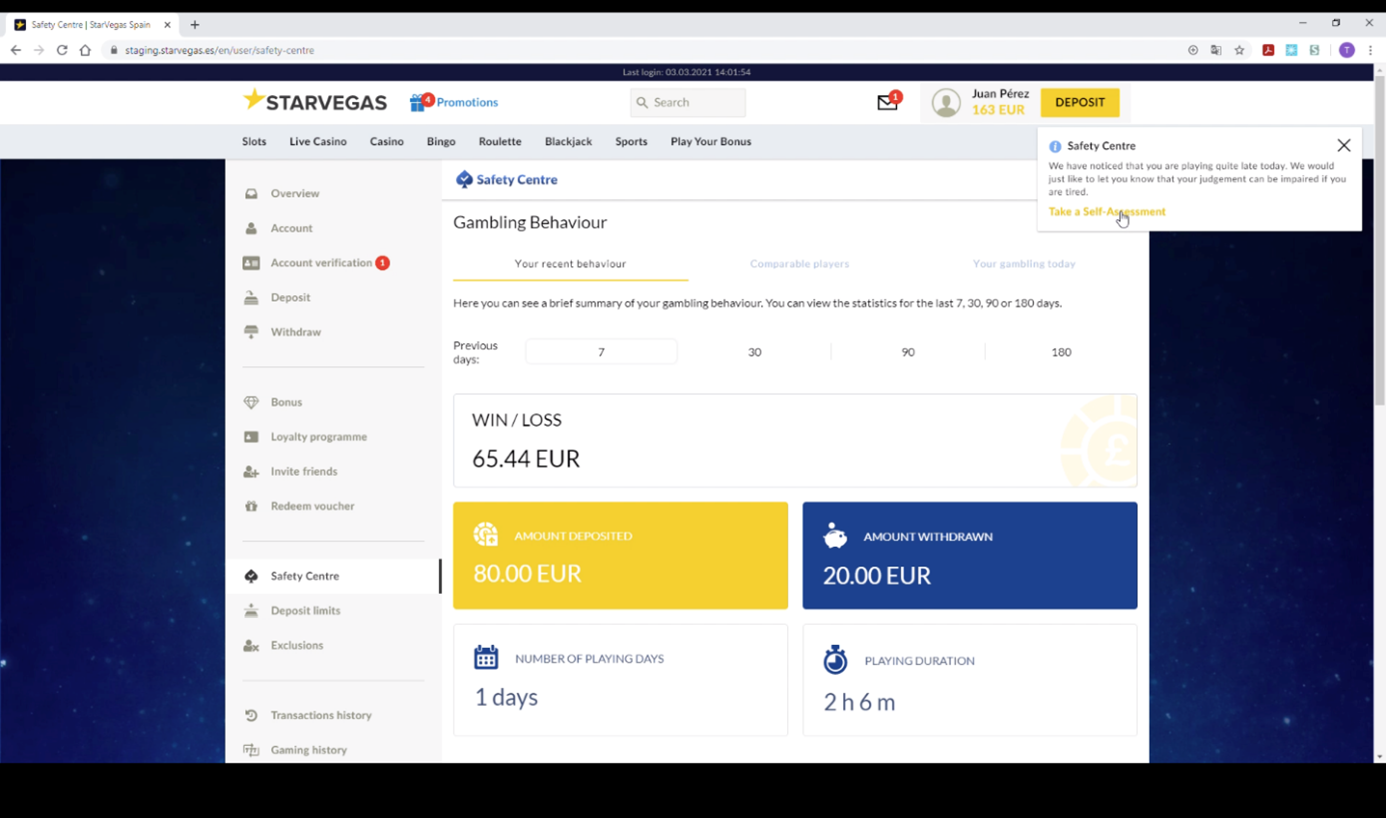
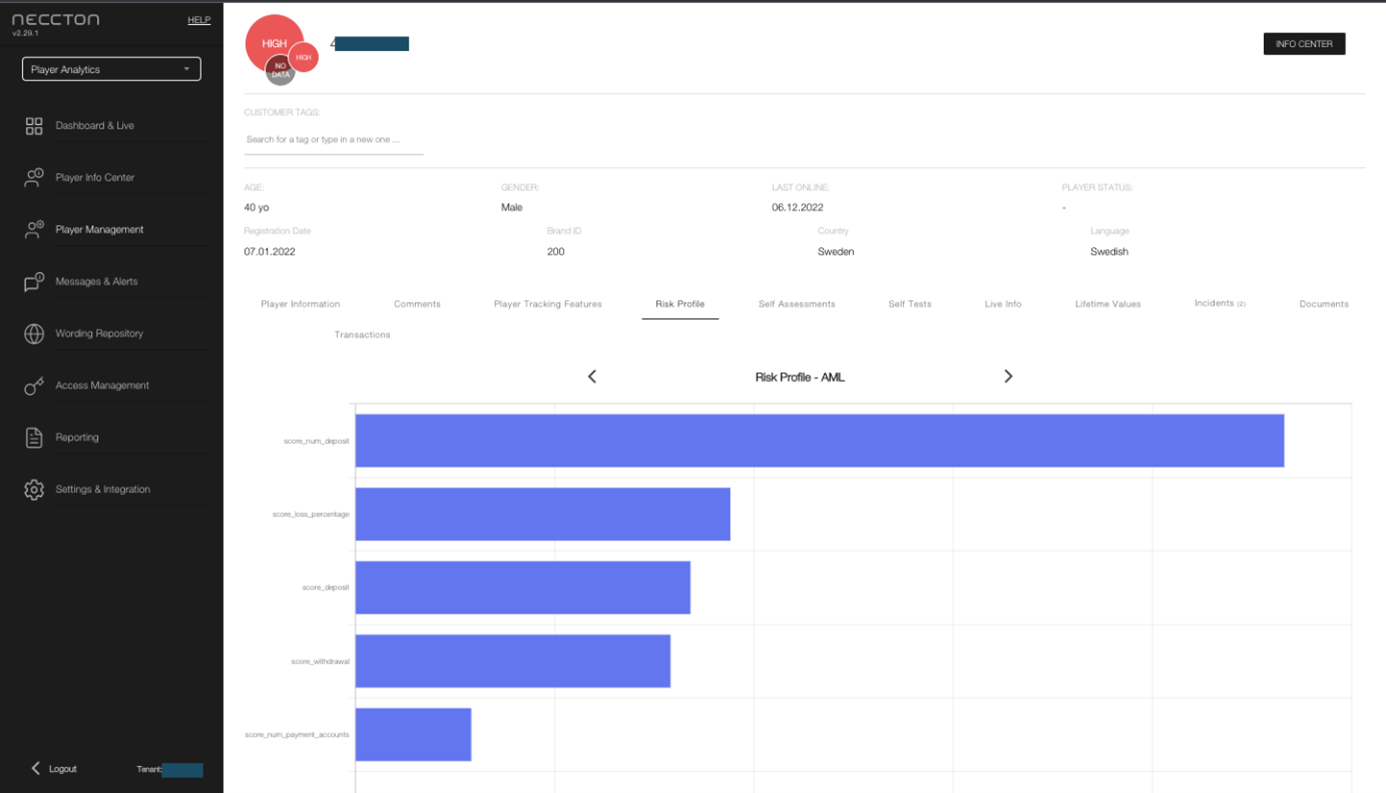
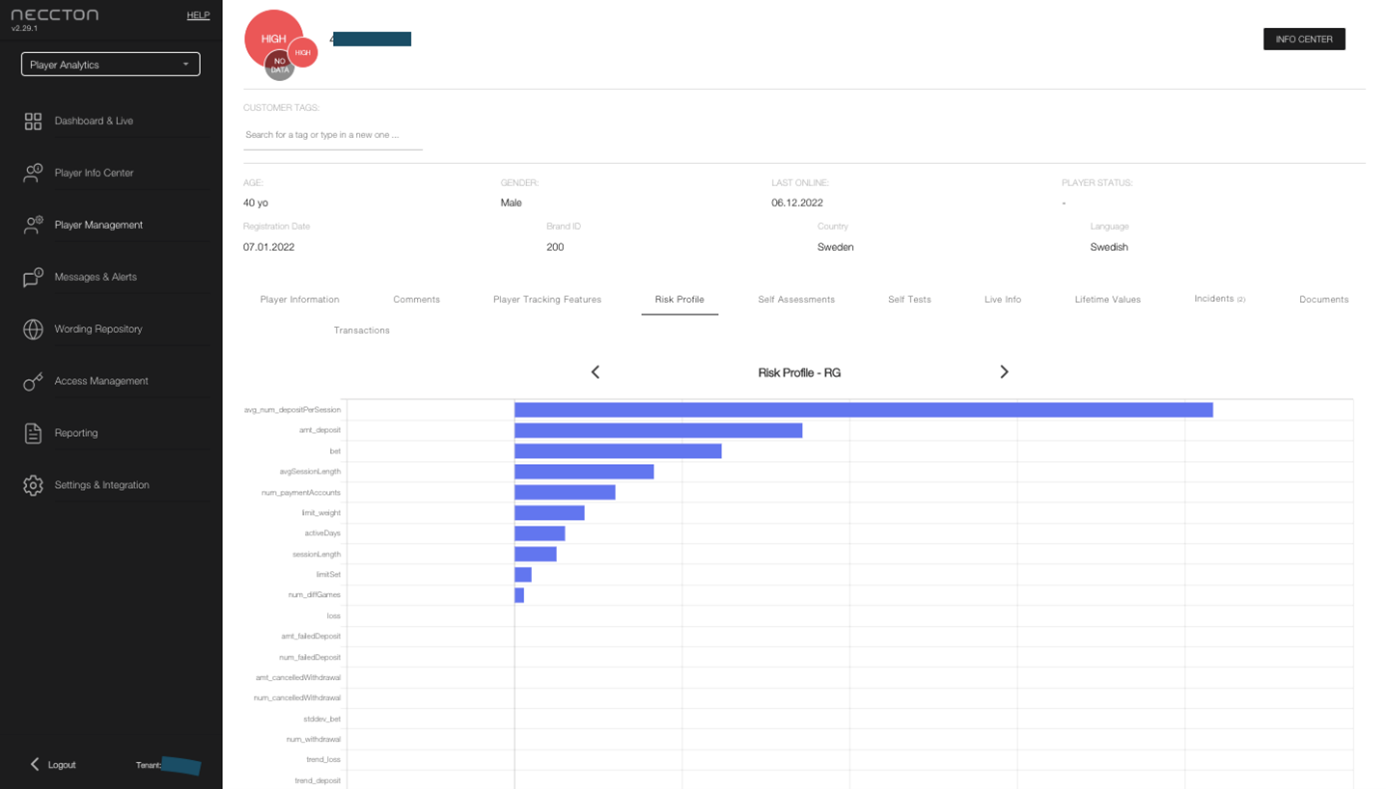
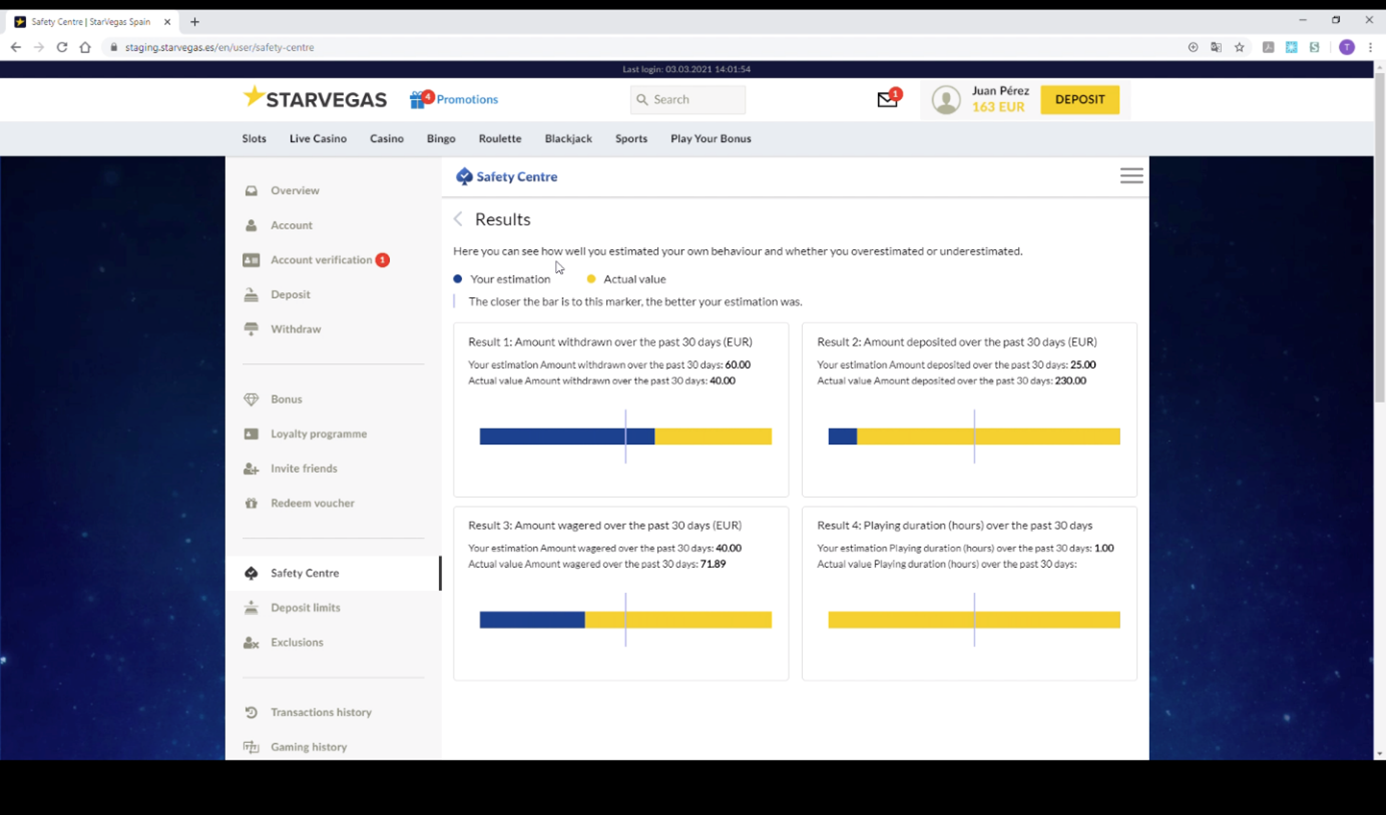
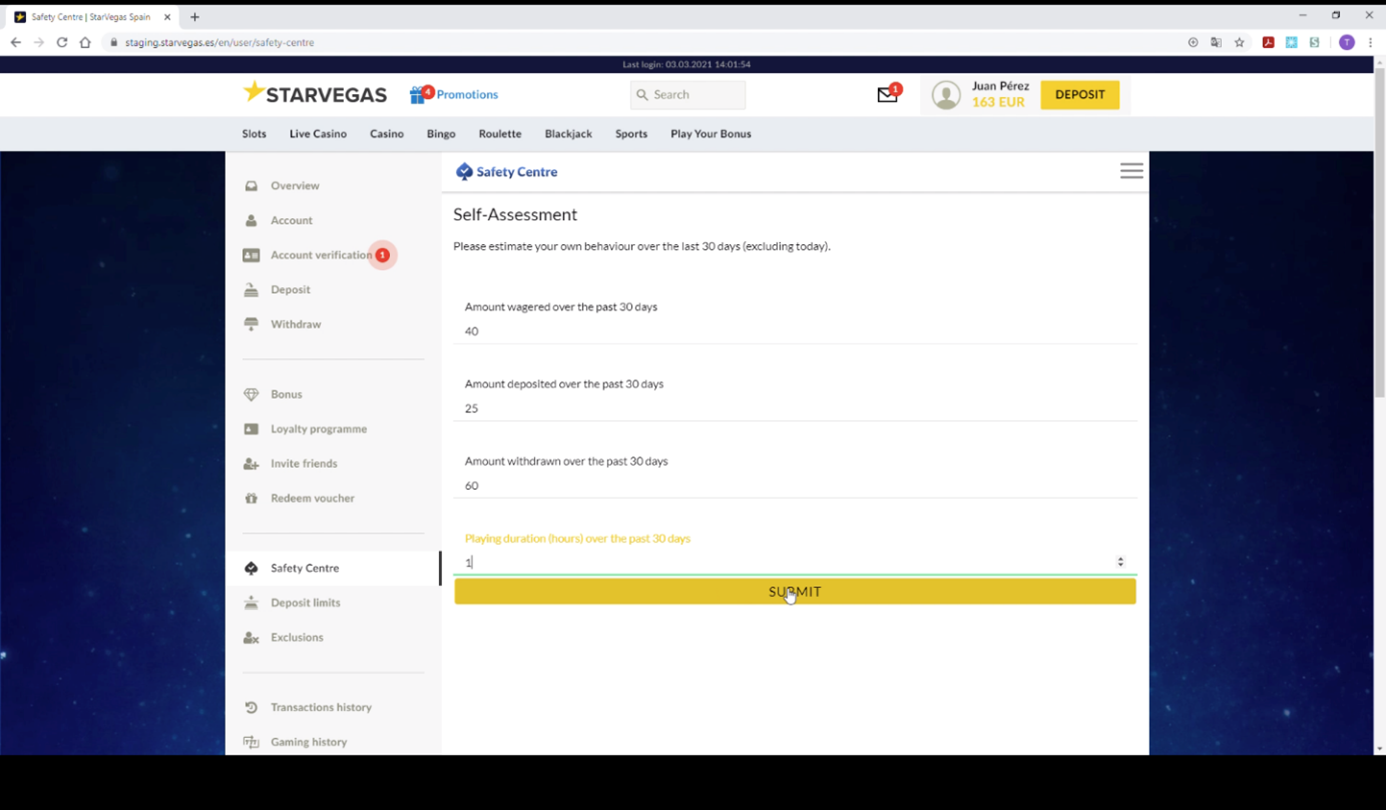
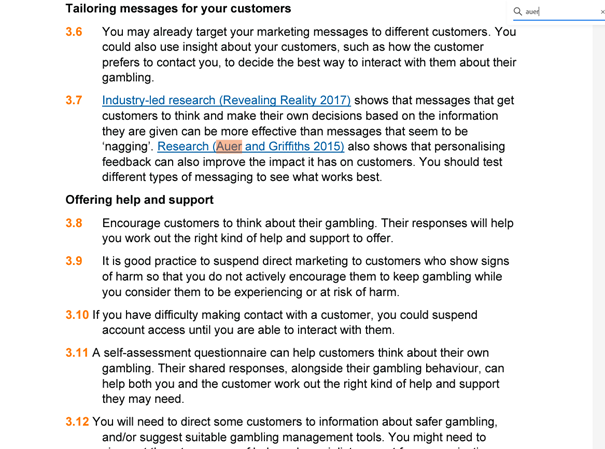
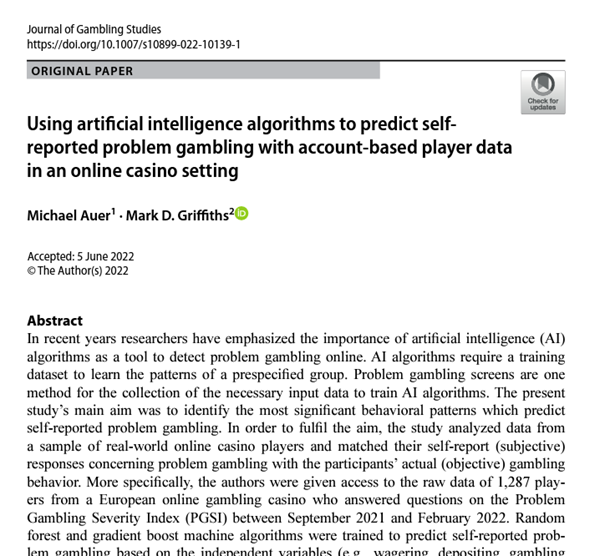
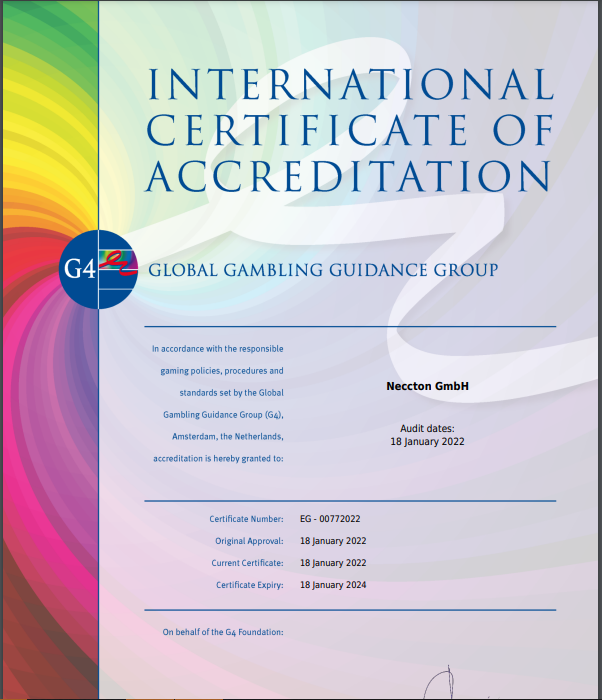
Send us a tip
RECOMMENDED TOPICS
gambling industrysports bettingresponsible gamblingappointmentscasinogambling lawsSlots
















